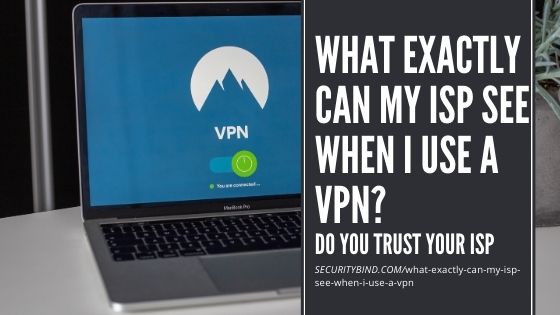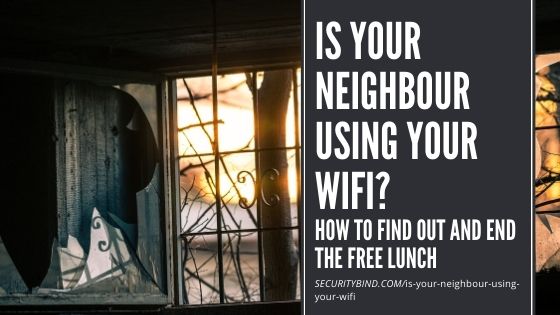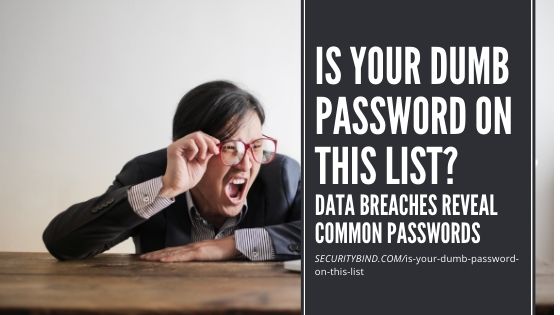I used Facebook-owned WhatsApp just because that was the app of choice among my family and friends, and if I wanted to video or group chat with them, we all needed to be using the same app.
Well, thanks to WhatsApp‘s updated terms of service to better integrate with other products and services offered by Facebook, many of my family and friends are now realizing the problems of giving all their data and metadata to companies that turn around and monetize their users in creepy ways. WhatsApp has officially been deleted, zero regrets.
Ask yourself, “Are you Facebook’s customer, or are you its product?” Facebook bought WhatsApp in 2014 for $19 Billion, when WhatsApp had around 450 million users. In January 2021, active monthly WhatsApp users number in the billions. In 2014, Zuckerberg had said he wouldn’t try to “aggressively grow WhatsApp’s revenue until the service reaches ‘billions’ of users.”
Before 2014, WhatsApp CEO Jan Koum said WhatsApp’s business model was already successful: WhatsApp charged a dollar a year after giving customers their first year of use for free.
Now, Facebook’s WhatsApp has they have been eyeing ways to monetize the messaging app without inciting the anger of its users.
In terms of changes, WhatsApp‘s updated privacy policy and terms of service provide additional information on how the app collects and handles user data. There are new sections including Transactions and Payments Data as well as Location Information to provide details on precise data collection by the app. WhatsApp has also included specific information on business interactions taking place through its messaging app.
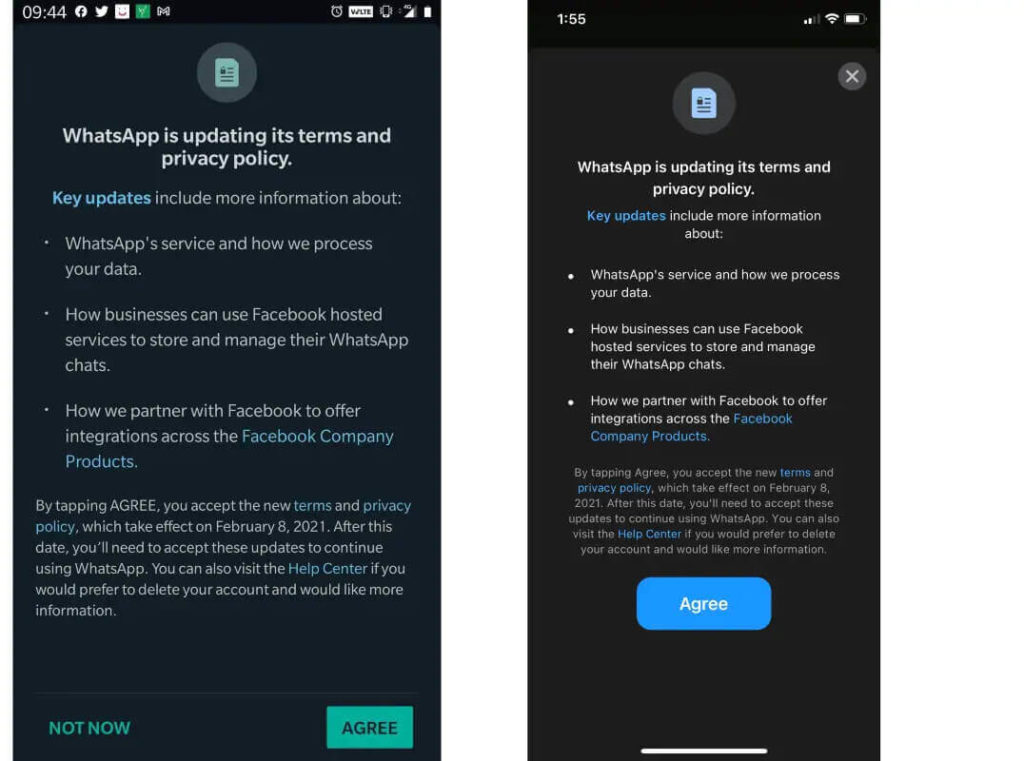
Where To?
A while ago I had downloaded Signal app, and had persuaded a few of my adventurous friends to follow suit. An open source messenger providing end-to-end encryption by default is an easy sell to those who care about keeping their data out of the hands of the data machine, but the secure messaging app is useless unless more people use it.
I like Signal because it is fully open source, was founded by the same person who founded WhatsApp (Brian Acton), uses an encryption protocol endorsed by Edward Snowden, and has a similar UI to WhatsApp, whereas the more popular (at the moment) Telegram is partly closed source and does not enable full encryption by default.
Signal has worked well for me and offers the same functionality I enjoyed with WhatsApp (messaging, group chats, and now group video calling for up to five callers to share a chat), so I don’t feel like I’m missing out on anything. Everything on Signal is encrypted end-to-end.
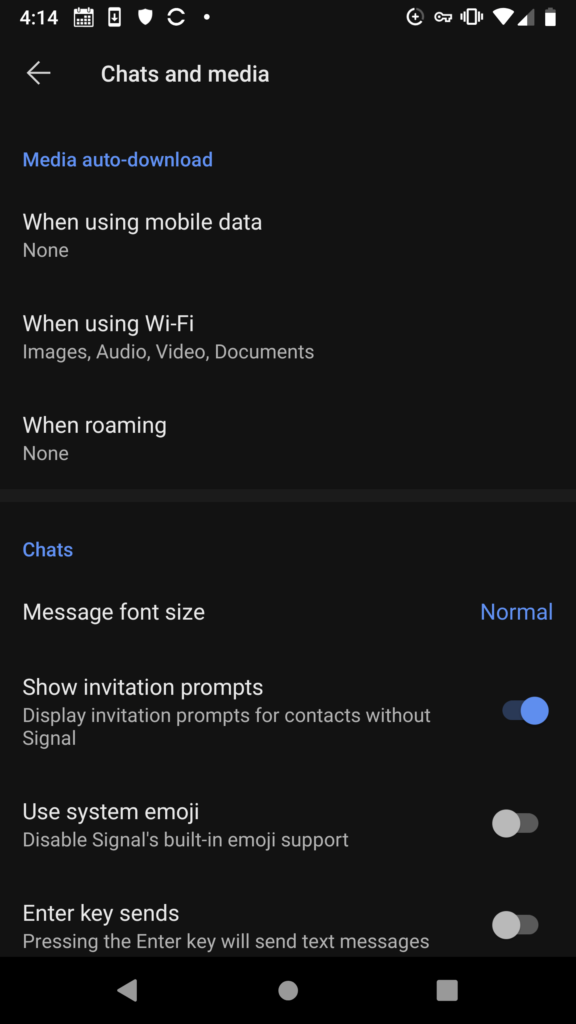
During the influx of new users a few days ago in January, some messages were delayed that evening while the Signal group rushed to install more servers to handle the load, but other than that, my experience with the app has been smooth. Growing pains, gotta love ’em.
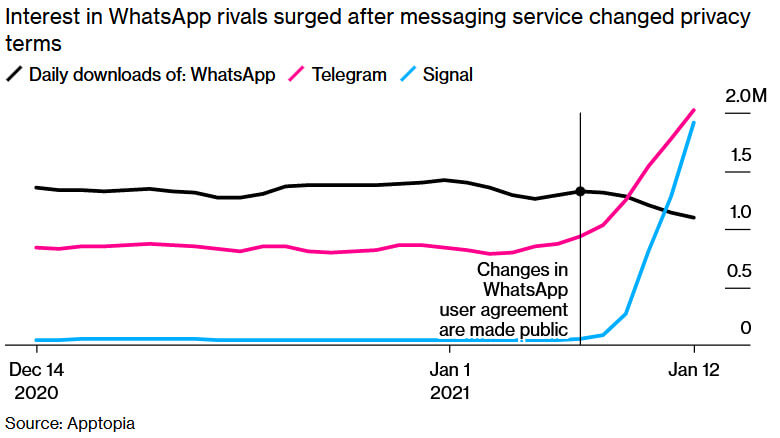
Should You Leave WhatsApp Behind?
Why use a mobile messaging app that is owned and controlled by Facebook? Some say nothing has changed:
- WhatsApp does not collect user chats, since those are encrypted (utilizing Signal’s protocol, so just use Signal) and therefore can’t be seen by the company.
- As of yet, no private WhatsApp conversations will be harvested to use for ads or other purposes by Facebook.
- Prior to the latest update, existing users were provided with the option to choose not to have their WhatsApp account information shared with Facebook. This, however, seems to be not the case this time.
- WhatsApp will not share more of your general data with Facebook than it does already. The new terms are about using your data and your engagement with its platform to enable shopping and other business services, to provide a platform where businesses can communicate with you and sell to you, all for a price they will pay to WhatsApp.
- It’s also important to note that there are differences in Europe in what WhatsApp can do, given GDPR. WhatsApp does not share data for its European users with Facebook for the enhancement of its products and services—that hasn’t changed.
However, Zac Doffman points out “there is a longer-term aspiration on Facebook’s part to fully integrate the backends of WhatsApp, Messenger, and Instagram—and while there are questions around WhatsApp’s data, the privacy labels for the other two are shockingly bad.”
So, are you going to switch to Signal or some other open source app that respects your privacy? Doffman writes, “The reality is that WhatsApp can afford to lose millions of concerned users as a trade-off to its commercial plans, knowing that it will retain the vast, indifferent majority.”
The good news is that you are an individual with your own mind, and you can make your own choices! (Arguably, since when was being in the majority ever a good thing?)
To Download Signal – https://signal.org/en/download/
